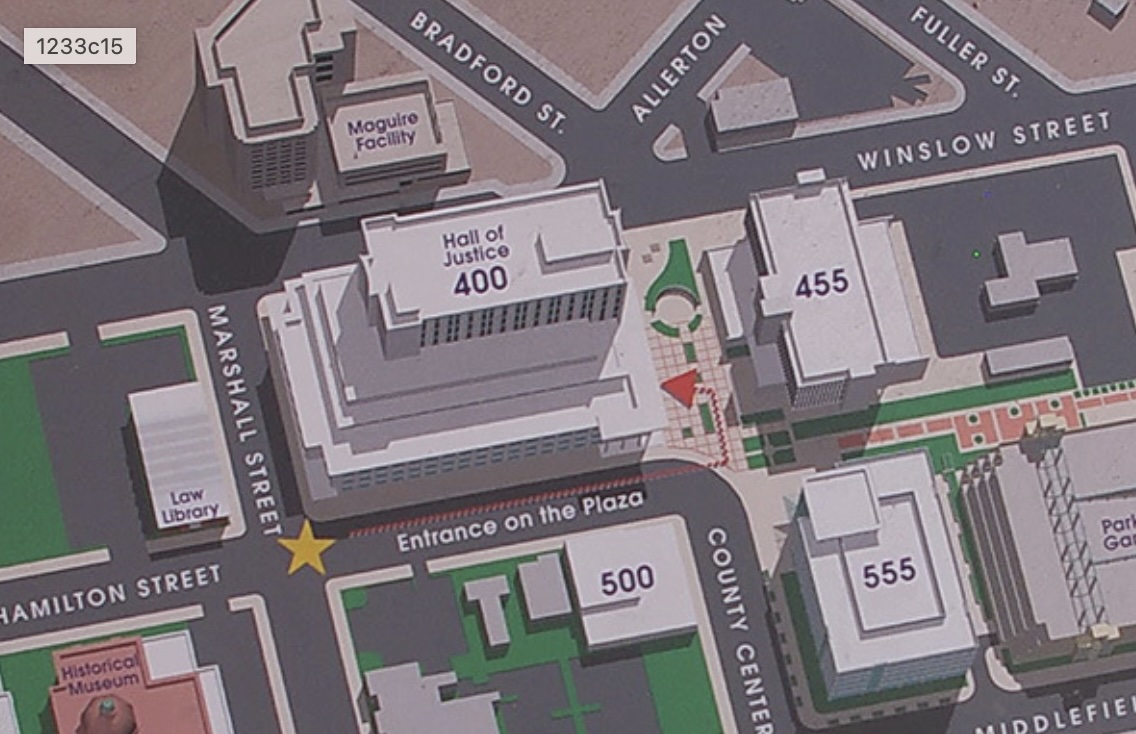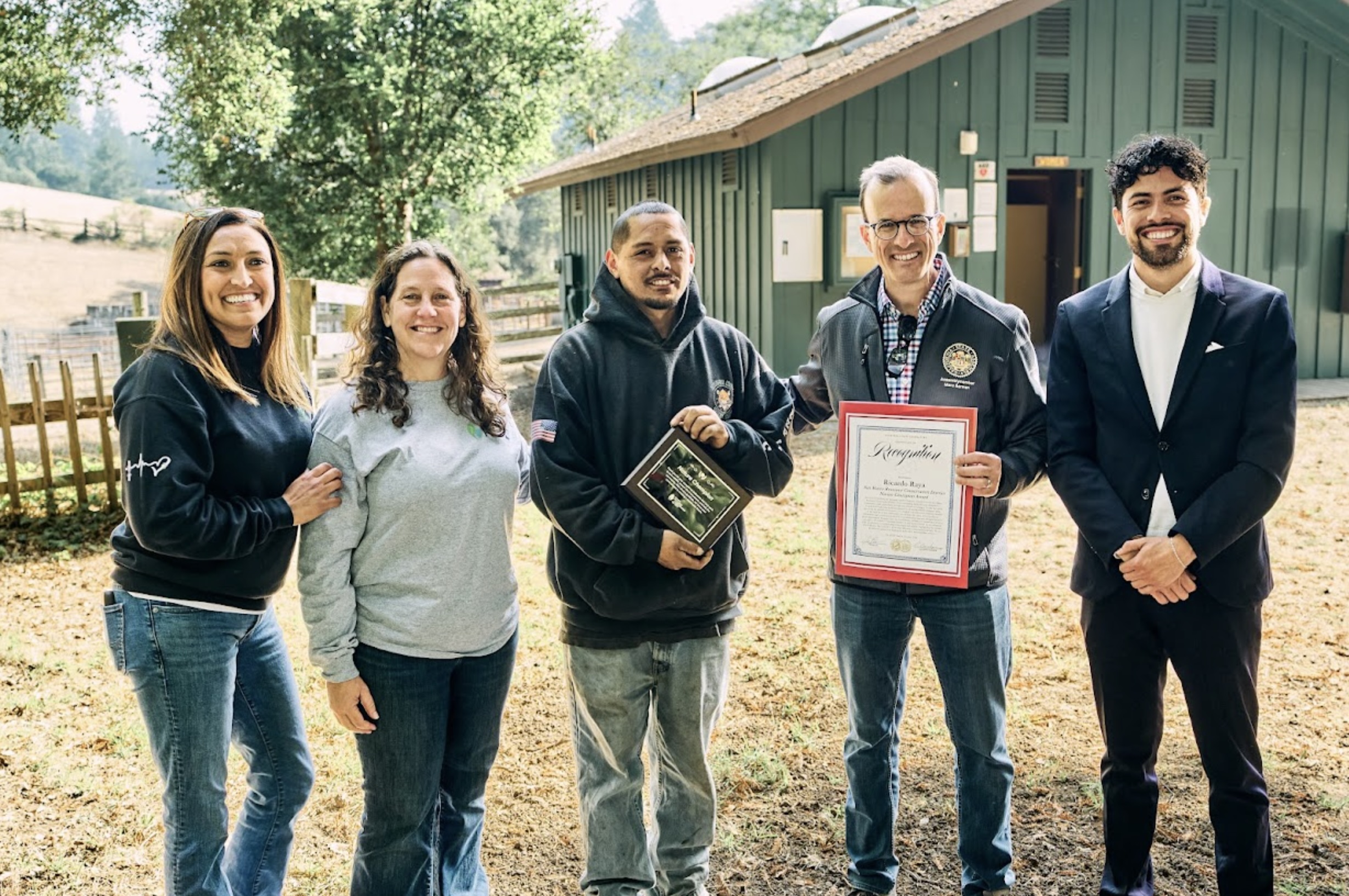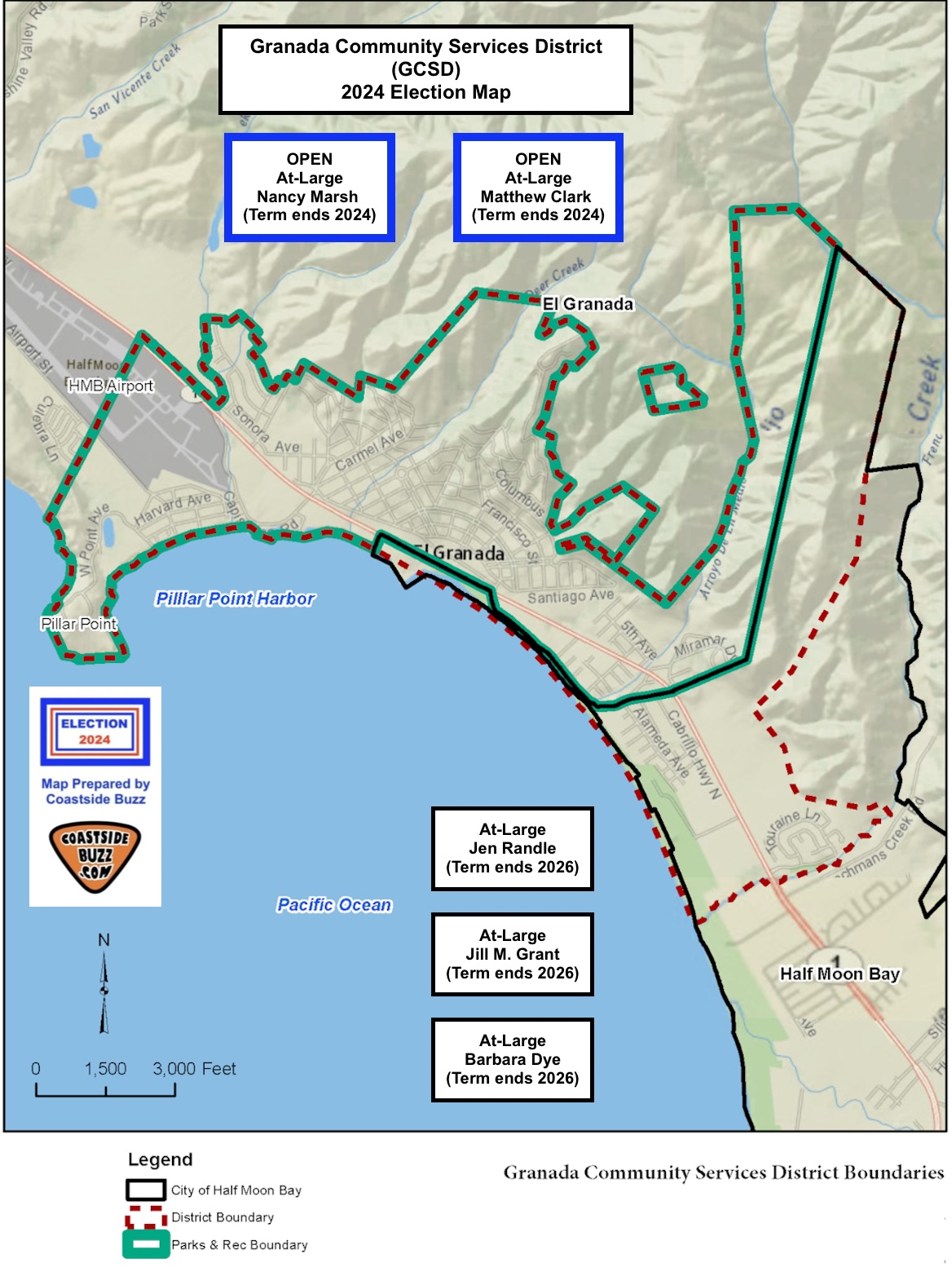|
Getting your Trinity Audio player ready...
|
PRESS RELEASE. From the San Mateo County Executive’s Office on June 24th, 2024.
Redwood City – The County is launching a new strategy to deliver critical mental health, housing and other services to individuals suffering from untreated schizophrenia and other psychotic disorders.
Local officials see the new CARE Court program as key to helping vulnerable individuals get the treatment they need while reducing the homelessness crisis.
CARE Court begins locally on July 1, 2024.
Established by Senate Bill 1338 and strongly backed by Gov. Gavin Newsom, the Community Assistance, Recovery and Empowerment (CARE) Act seeks to end the revolving-door of homelessness, short-term psychiatric hospitalization and incarceration for those with untreated serious mental illness.
CARE Court connects a person struggling with untreated mental illness– and often also substance use challenges – with a court-ordered Care Plan for up to 24 months. Each plan is managed by a care team in the community and can include clinically prescribed, individualized interventions with several supportive services, medication and a housing plan.
The client-centered approach also includes a public defender and supporter to help make self-directed care decisions in addition to their full clinical team.
The outpatient program is intended as an intervention for the most severely impaired residents, allowing them to remain in their community to stabilize, begin healing and exit homelessness in a less restrictive setting.
“The community-based framework of the CARE Court program aligns with Behavioral Health and Recovery Services’ vision of enhancing care within our community and supporting recovery with compassion and respect,” said Dr. Jei Africa, director of County Health’s Behavioral Health and Recovery Services.
“The ability to access essential behavioral health services in a community setting versus an institutional one helps clients and their families engage in the treatment while remaining close to their support system. We see CARE Court as another tool to help individuals get connected to services in their recovery journey.”
The court-ordered response under the CARE Act can be initiated by a family member, a mental health or behavioral health professional, first responder or a person seeking the assistance, for instance. That can begin the process of enrolling someone in the state-funded program.
The July 1 launch places the county among the first in California to implement the program ahead of the December 2024 state-mandated deadline.
The Hon. Susan Jakubowski, who was appointed as the CARE Act Judge, said, “We weren’t required to implement CARE until December 1, 2024, but the stakeholder agencies came together around a clear vision for what we wanted to accomplish. The cooperation among our justice partners and the lessons we learned from courts that implemented CARE this past year allowed us to implement early.”
The Behavioral Health and Recovery Services CARE team can partner with clients and families to answer questions, support the petition process and help them towards recovery. To reach the CARE team, call 650-372-6125 or email CAREBHRS@smcgov.org. To read more about the CARE process in San Mateo County, visit here.
Additional support, such as a Family Resource Guide, how to fill out a petition and training materials, can be accessed via the CARE Act Resource Center at care-act.org.
CARES Court MythBusters
Myth: CARE Court will force people into treatment.
Fact: Our goal is to engage people when and where they need it most. Many of our clients have fallen through the cracks of our mental health system and are in desperate need of high quality, comprehensive care. CARE Court provides us with an opportunity to serve people who need help most and work with clients to help them towards recovery, where they can remain in our community and thrive.
Myth: People don’t have a voice in their treatment planning or goal setting.
Fact: CARE Agreements and CARE Plans are a collaborative process that include the client. This means we partner with clients, their legal counsel, and their CARE Supporter as we work with them to achieve their goals through a collaborative process and ensure the best treatment for them possible. We personalize every treatment plan to best meet our clients’ needs and set them on the path towards recovery.
Myth: People can already access community services for treatment.
Fact: Those who qualify for CARE Court services are often unable to recognize that they need help or don’t know how to get the help they need. Without proper treatment, symptoms can worsen and lead to increased hospitalizations and/or incarceration. CARE meets clients where they are and provides these services directly.
Myth: CARE Court forces people into involuntary treatment.
Fact: CARE Court is an Outpatient program. All services require willingness on the part of the respondent. Our goal is to keep people in the community.
Myth: People who get CARE services will be under the thumb of the system forever.
Fact: CARE Court is a year-long program and can be extended up to an additional 12 months. Upon graduation, their services will remain in place. Our goal is to help people recover. This means people can achieve stability and be able to thrive in the community.
2024 Election
The 2024 Board of Supervisors, from left: Ray Mueller (D3), Noelia Corzo (D2), Warren Slocum (D4, BOS President), David J. Canepa (D5, BOS Vice President) and Dave Pine (D1, outgoing BOS President).








